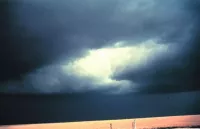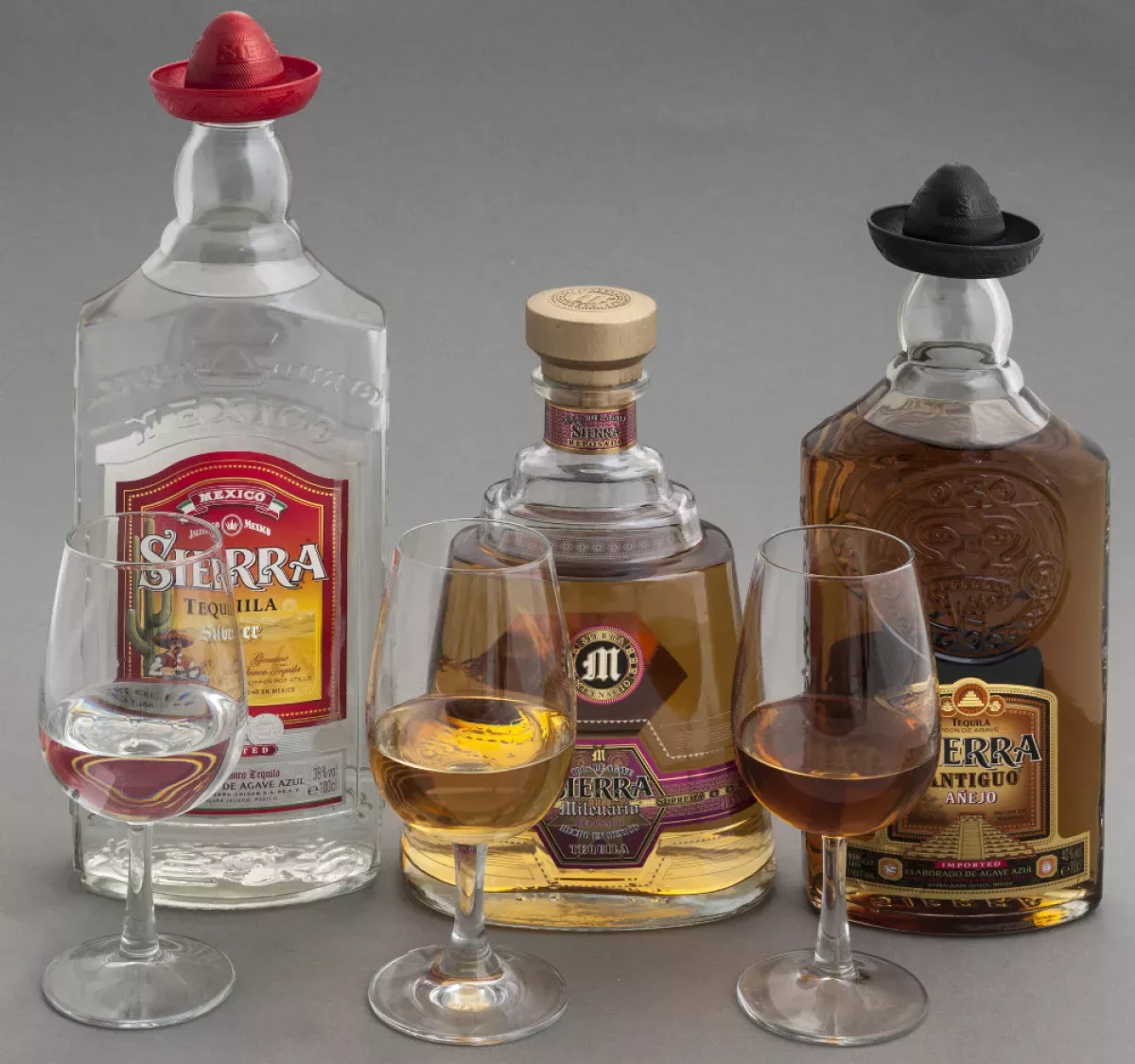Tequila is a distilled spirit originating from the area surrounding Tequila, near Guadalajara, and the Jaliscan Highlands, both located in Jalisco, Mexico. It's made primarily from the blue agave plant. The spirit's production is heavily regulated by Mexican law.
1936: First Tequila Distillery in the United States
In 1936, the first tequila distillery in the United States opened in Nogales, Arizona, founded by Harry J. Karns.
1974: Tequila Becomes Appellation of Origin
In 1974, tequila became Mexico's first appellation of origin (AO).
1974: Government Declares Tequila as Intellectual Property
In 1974, the Mexican government declared the term "tequila" to be its intellectual property.
1978: International Registration for Protection
In 1978, tequila was internationally registered for protection under the Lisbon Agreement for the Protection of Appellations of Origin and their International Registration.
1990: Important Laws since 1990
The important laws since 1990 regarding tequila production, identified as NOM-006-SCFI-1993, NOM-006-SCFI-1994, NOM-006-SCFI-2005 and NOM-006-SCFI-2012.
1993: Important Laws since 1990
The important laws since 1990 regarding tequila production, identified as NOM-006-SCFI-1993, NOM-006-SCFI-1994, NOM-006-SCFI-2005 and NOM-006-SCFI-2012.
1994: Important Laws since 1990
The important laws since 1990 regarding tequila production, identified as NOM-006-SCFI-1993, NOM-006-SCFI-1994, NOM-006-SCFI-2005 and NOM-006-SCFI-2012.
1997: Protected Designation in the European Union
Since 1997, Tequila has been a protected designation of origin product in the European Union.
2002: Official Tequila Glass Approved
In 2002, the Consejo Regulador del Tequila approved an "official tequila glass" called the Ouverture Tequila glass, made by Riedel.
2003: Mexico's Bottling Proposal
In 2003, Mexico proposed that all Mexican-made tequila be bottled in Mexico before export, aiming to guarantee quality.
2004: Flavored Tequila Allowed
In 2004, the Tequila Regulatory Council of Mexico decided to allow flavored tequila to be called tequila, with the exception of 100% agave tequila.
2005: New Tequila Standard (NOM) Issued
In 2005, a new Norma Oficial Mexicana (NOM-006-SCFI-2005) for tequila was issued.
2005: Important Laws since 1990
The important laws since 1990 regarding tequila production, identified as NOM-006-SCFI-1993, NOM-006-SCFI-1994, NOM-006-SCFI-2005 and NOM-006-SCFI-2012.
January 17, 2006: Agreement Allowing Bulk Import of Tequila into the United States
On January 17, 2006, the United States and Mexico signed an agreement allowing the continued bulk import of tequila into the United States, along with creating a "tequila bottlers registry".
July 2006: Most Expensive Bottle of Tequila Sold
In July 2006, a one-liter bottle of limited-edition premium tequila was sold for $225,000 in Tequila, Jalisco. The manufacturer received a certificate from The Guinness World Records for the most expensive bottle of tequila spirit ever sold.
2006: Introduction of Extra Añejo Tequila
In 2006, the NOM-006-SCFI-2005 introduced a class of tequila called extra añejo or "ultra-aged", which must be aged a minimum of three years.
2006: UNESCO World Heritage Site Declaration
In 2006, the region near Tequila was declared a UNESCO World Heritage Site. The site is named the Agave Landscape and Ancient Industrial Facilities of Tequila, recognizing its historical and cultural importance.
2009: Tequila Brands Statistics
As of 2009, statistics showed that over 100 distilleries in Mexico produce over 900 brands of tequila, with over 2,000 brand names registered.
December 13, 2012: Publication of NOM-006-SCFI-2012
On December 13, 2012, the most recent revision of tequila laws, NOM-006-SCFI-2012, was published.
2012: Tequila Standard Updated (NOM-006-SCFI-2012)
In 2012, the latest version of the tequila standard (NOM-006-SCFI-2012) was released, updating standards for the silver class of tequila, aging time for the ultra-aged class, and other regulations.
August 2013: First Premium Tequila Arrives in Shanghai
On August 30, 2013, the first 70,380 bottles of premium tequila from ten brands arrived in Shanghai.
2013: Registered Tequila Brands and Producers
In 2013, the Consejo Regulador del Tequila reported 1377 registered brands from 150 producers.
2018: National Tequila Day Approved
In 2018, the Mexican government approved a proposal to celebrate the third Saturday of March as National Tequila Day.
July 2020: NAFTA Protection Ends
In July 2020, tequila's protection through NAFTA in Canada and the United States ended.
2023: Yeast Diversity Analysis
A 2023 article analyzes the diversity of yeasts found in uncontrolled conditions.
Mentioned in this timeline
China officially the People's Republic of China is an East...
Arizona is a landlocked state in the Southwestern U S...
Canada is a North American country the second largest in...
Mexico officially the United Mexican States is a North American...
Trending

38 minutes ago Storm Causes Power Outages Across Central Coast and SLO County, Bringing Down Trees

2 hours ago Iva Jovic triumphs over Rakhimova in Dubai, reveals Pegula observation.

2 hours ago Andreeva vs. Cristian: WTA Dubai 2026 Prediction, Odds, and Match Preview.

2 hours ago Mirra Andreeva embraces attention, aims Dubai title defense, draws inspiration from LeBron James.

3 hours ago Severe Thunderstorm Warning Issued for Central California; Funnel Clouds Possible, Gusty Showers Expected

3 hours ago Iva Jovic Observed Jessica Pegula; Jovic Wins in Dubai First Round.
Popular

Jesse Jackson is an American civil rights activist politician and...
Randall Adam Fine is an American politician a Republican who...

Pam Bondi is an American attorney lobbyist and politician currently...

Barack Obama the th U S President - was the...

Kid Rock born Robert James Ritchie is an American musician...

XXXTentacion born Jahseh Dwayne Ricardo Onfroy was a controversial yet...
